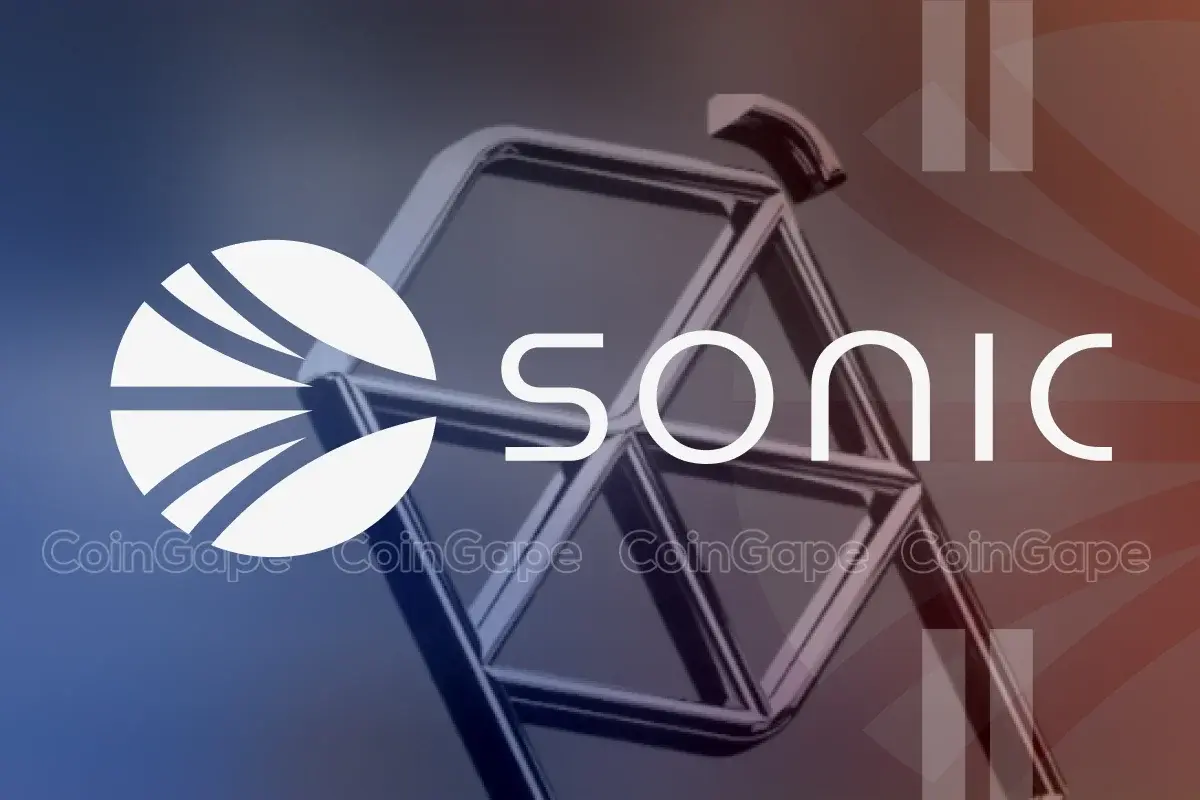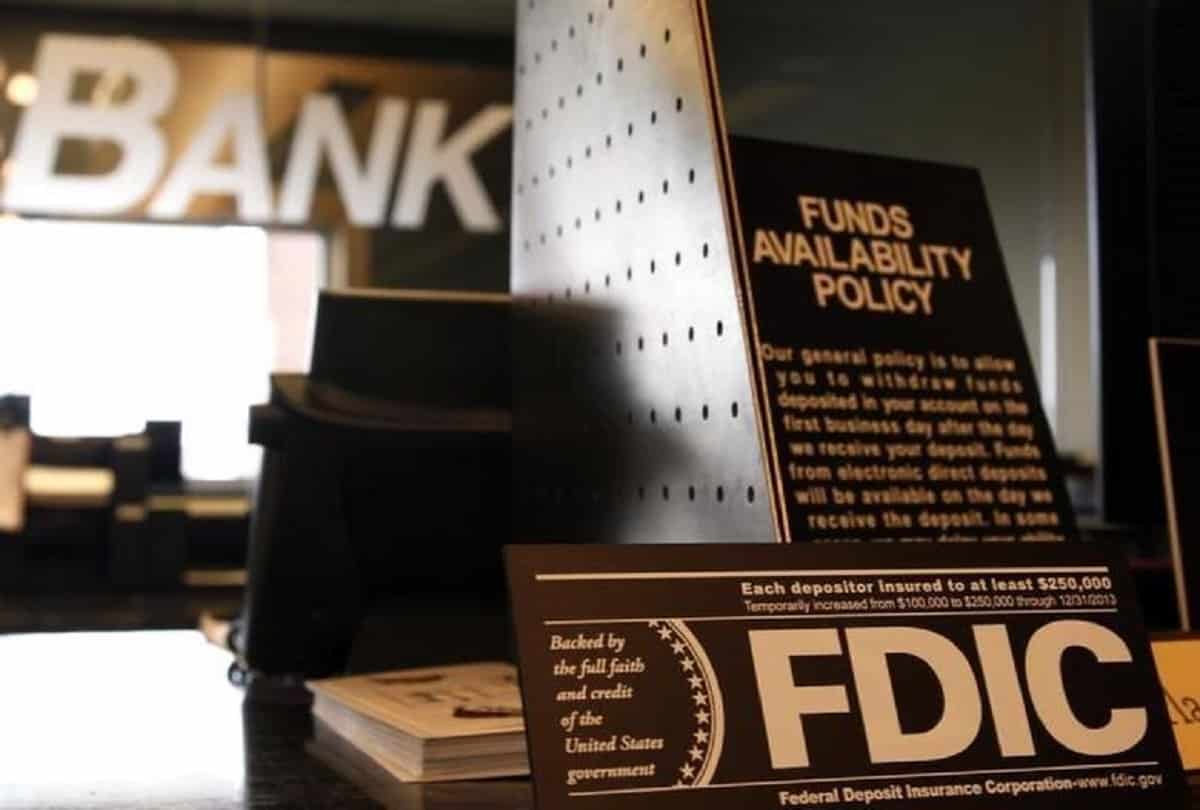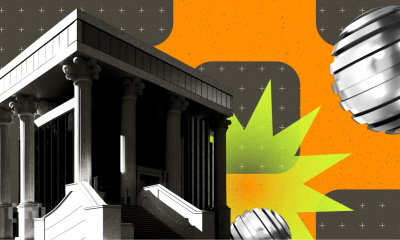Regulation
North Korea Accused of Laundering $147.5M in via Tornado Cash

A report from United Nations sanctions monitors reveals that North Korea allegedly laundered $147.5 million stolen from a cryptocurrency exchange through the Tornado Cash platform in March.
This laundering activity is just another case of the international community being worried about the use of cryptocurrencies to evade the global sanctions.
North Korea’s Involvement with Tornado Cash
United Nations sanctions monitors have detailed North Korea’s latest cyber-financial activity, involving the laundering of $147.5 million through the crypto mixer Tornado Cash.The money, which is believed to have been stolen from the HTX cryptocurrency exchange at the end of last year, was channeled through Tornado Cash in March as per the document the monitors submitted to the U. N. Security Council sanctions committee.
The research results, which are based on the data from the crypto analytics company PeckShield and the blockchain research company Elliptic, stress the North Korea’s advanced methods of evading the international sanctions.
NORTH KOREA LAUNDERED $147.5 MILLION IN STOLEN CRYPTO IN MARCH, SAY UN EXPERTS
North Korea laundered $147.5 million through virtual currency platform Tornado Cash in March after stealing it last year from a cryptocurrency exchange, according to confidential work by United…
— *Walter Bloomberg (@DeItaone) May 14, 2024
The monitors have been looking into a total of 97 believed North Korean cyberattacks on cryptocurrency companies from 2017 to 2024, which is worth about $3.6 billion. In the year 2024, for instance, North Korea is suspected of being behind 11 cryptocurrency thefts worth a total of $54.7 million.
A great number of these cases are said to be the work of the DPRK IT workers who were mistakenly employed by small crypto-related companies and thus, they got the indirect access to North Korea to exploit these platforms.
Global Responses and Arrest
After these findings, the international community has increased its attention and restriction actions against Tornado Cash, which is frequently used by hackers to hide the origin of dirty money.
In 2022, the U. S. government imposed sanctions on Tornado Cash, claiming that it was a money-laundering tool that was used by the North Korean cybercriminals. This decision was a part of the wider programme to control digital platforms that are used for financial fraud.
The situation became more clear when the developer of Tornado Cash, Alexey Pertsev, was sentenced to 64 months in prison by a Dutch court for the laundering of over $1.2 billion. This case has shown the constant problems and legal difficulties of the cryptocurrency activities that are worldwide, especially those that can be related to the international security threats.
Read Also: MicroStrategy Chairman Issues Important Bitcoin-Pension Funds Prediction
The presented content may include the personal opinion of the author and is subject to market condition. Do your market research before investing in cryptocurrencies. The author or the publication does not hold any responsibility for your personal financial loss.
Regulation
US SEC Drops Charges Against Hawk Tuah Girl Hailey Welch

Hawk Tuah girl Hailey Welch, known for her association with the controversial $HAWK token, has been cleared of any wrongdoing after a lengthy investigation by the U.S. Securities and Exchange Commission (SEC). The SEC has decided not to press charges against Welch in connection with the rapid rise and subsequent collapse of the meme-based cryptocurrency.
US SEC Investigation Into Hawk Tuah Girl Concludes Without Charges
The SEC had launched an investigation into the $HAWK token after its dramatic price drop. The token, which was linked to Welch’s viral persona, initially saw a market cap surge to $490 million before crashing by over 90%. Investors who were impacted by the crash filed a lawsuit against those behind the project, alleging that the coin had been promoted and sold without proper registration.
Hawk Tuah girl Hailey Welch, who cooperated fully with the investigation, expressed relief after the SEC’s decision. “For the past few months, I’ve been cooperating with all the authorities and attorneys, and finally, that work is complete,” Welch told TMZ.
Her attorney, James Sallah, confirmed that the SEC had closed the case without any findings against her, adding that there would be no monetary sanctions or restrictions on Welch’s future involvement in cryptocurrency or securities.
This Is A Developing News, Please Check Back For More
Disclaimer: The presented content may include the personal opinion of the author and is subject to market condition. Do your market research before investing in cryptocurrencies. The author or the publication does not hold any responsibility for your personal financial loss.
Regulation
Sonic Labs To Abandon Plans For Algorithmic USD Stablecoin, Here’s Why

Barely a week after hinting at launching an algorithmic USD stablecoin, Sonic Labs is shuttering its plans. Sonic Labs co-founder Andre Cronje revealed that incoming stablecoin regulation in the US contributes to the change of stance.
Sonic Labs Makes U-Turn Over Algorithmic USD Stablecoin
In mid-March, Sonic Labs disclosed plans for a yield-generating algorithmic stablecoin for its blockchain. However, new developments in the US regulatory landscape are forcing the company to ditch its algorithmic stablecoin ambitions.
Sonic Labs co-founder Andre Cronje confirmed the change in direction via an X post following the release of the full draft of the STABLE Act by Congress for clearer oversight. According to the text, lawmakers are pushing for a two-year moratorium on algorithmic stablecoin, souring Sonic Labs plans.
Unlike mainstream stablecoins backed by fiat or other commodities, algorithmic stablecoins rely on smart contracts to maintain their peg. The 2022 implosion of Terra’s ecosystem following the de-pegging of its TerraUSD (UST) algorithmic stablecoin stunned regulators.
“We will no longer be releasing a USD-based algorithmic stablecoin,” said Cronje.
In a light-hearted note, community members teased potential strategies for Sonic Labs to sidestep incoming stablecoin regulation. Apart from the loophole of launching the algorithmic stablecoin before the regulation goes live, Cronje teased an algorithmic dirham that will be denominated in USD.
Industry Players Are Bracing For New Stablecoin Regulations
Stablecoin issuers are steeling themselves for incoming stablecoin regulations in the US. While the GENIUS Act and STABLE Act continue to inch forward, there are common denominators in both bills.
For starters, there is the requirement for equivalent reserves at a 1:1 ratio with both bills steering clear of algorithmic stablecoins. The White House is favoring the GENIUS Act over the STABLE Act as lobbyists rally to stifle the possibility of a Conference Committee.
Authorities are targeting stablecoin regulation to reach Trump in two months as issuers jostle for position. Tether, Circle, and Ripple are staking their claims to lead the US government’s ambitions to rely on stablecoins to maintain the dollar’s dominance.
Disclaimer: The presented content may include the personal opinion of the author and is subject to market condition. Do your market research before investing in cryptocurrencies. The author or the publication does not hold any responsibility for your personal financial loss.
Regulation
FDIC Revises Crypto Guidelines Allowing Banks To Enter Digital Assets

The Federal Deposit Insurance Corporation (FDIC) has updated its guidelines, enabling banks to engage in cryptocurrency-related activities without seeking prior approval. This new policy shift signals a change in the FDIC’s approach to the growing role of digital assets in the banking sector.
New FDIC Guidelines on Crypto-Related Activities
The FDIC has issued a new Financial Institution Letter (FIL-7-2025), which provides updated guidance for banks looking to engage in cryptocurrency activities. The new guidance rescinds the previous policy set out in FIL-16-2022, which required banks to notify the FDIC before engaging in such activities.
Under the new rules, banks can now participate in permissible crypto-related activities without waiting for FDIC approval, as long as they manage the risks appropriately.
This change is seen as a shift in the FDIC’s stance, following the agency’s earlier stance that required prior approval for crypto engagements. FDIC Acting Chairman Travis Hill expressed that this new approach aims to establish a more consistent framework for banks to explore and adopt emerging technologies like crypto-assets and blockchain.
“With today’s action, the FDIC is turning the page on the flawed approach of the past three years,” said Hill in a statement.
This Is A Developing News, Please Check Back For More
Disclaimer: The presented content may include the personal opinion of the author and is subject to market condition. Do your market research before investing in cryptocurrencies. The author or the publication does not hold any responsibility for your personal financial loss.
-

 Regulation22 hours ago
Regulation22 hours agoFDIC Revises Crypto Guidelines Allowing Banks To Enter Digital Assets
-

 Market24 hours ago
Market24 hours agoPopular Analyst Peter Brandt Identifies XRP Head & Shoulder Pattern, Reveals Path To Take
-

 Market23 hours ago
Market23 hours agoWhat to Expect from XRP Price in April 2025
-

 Market18 hours ago
Market18 hours agoWhy Did MUBARAK Drop 40% Despite Binance Listing?
-

 Altcoin22 hours ago
Altcoin22 hours agoShiba Inu Price Set To Repeat History? Falling Wedge Pattern Shows A Rally
-

 Altcoin17 hours ago
Altcoin17 hours agoAnalyst Reveals Bullishness On Ethereum Price At This Point, Can It Hit $4,000 Again?
-

 Regulation21 hours ago
Regulation21 hours agoSonic Labs To Abandon Plans For Algorithmic USD Stablecoin, Here’s Why
-

 Market21 hours ago
Market21 hours agoCoinbase Users Lost $46 Million to Crypto Scams in March






















✓ Share: